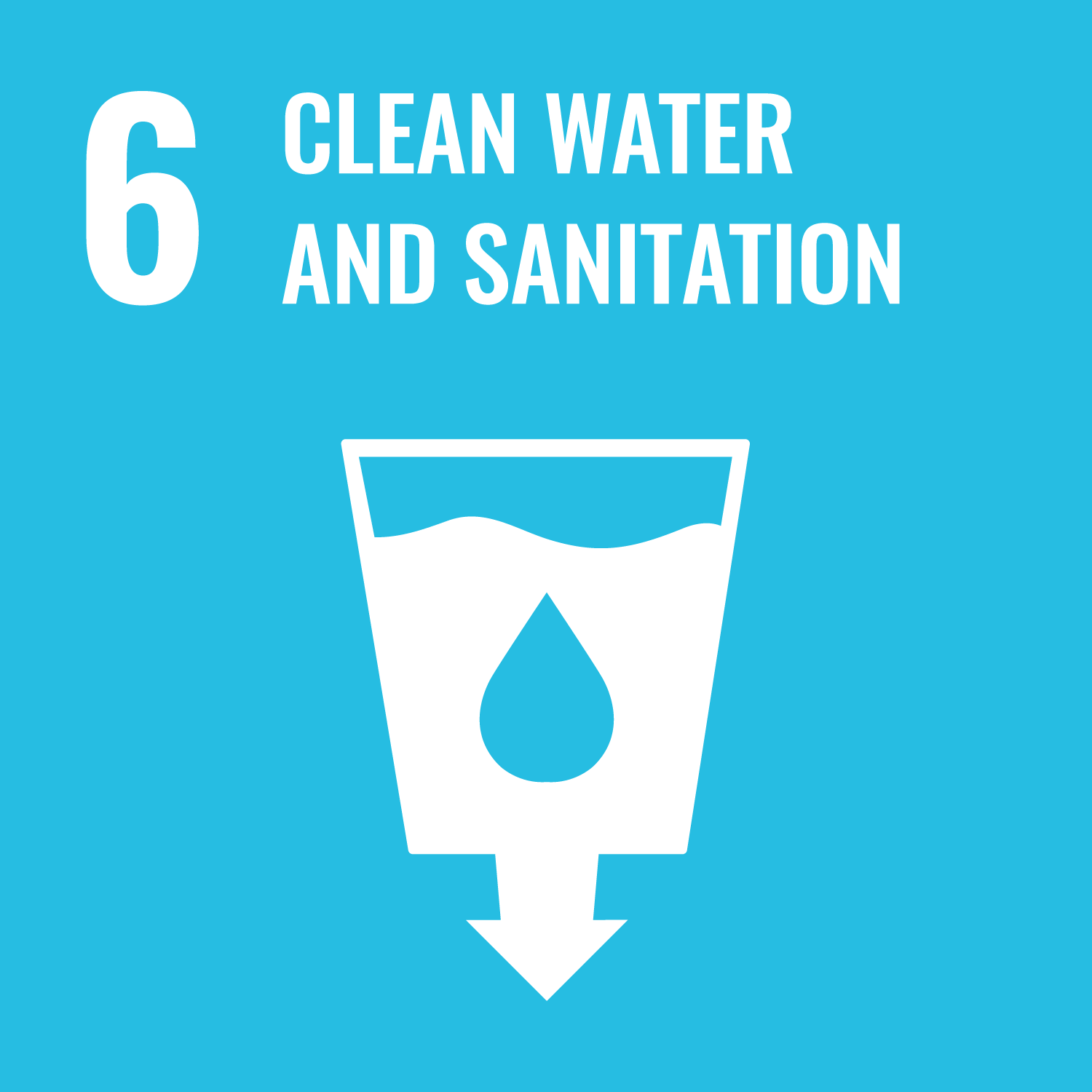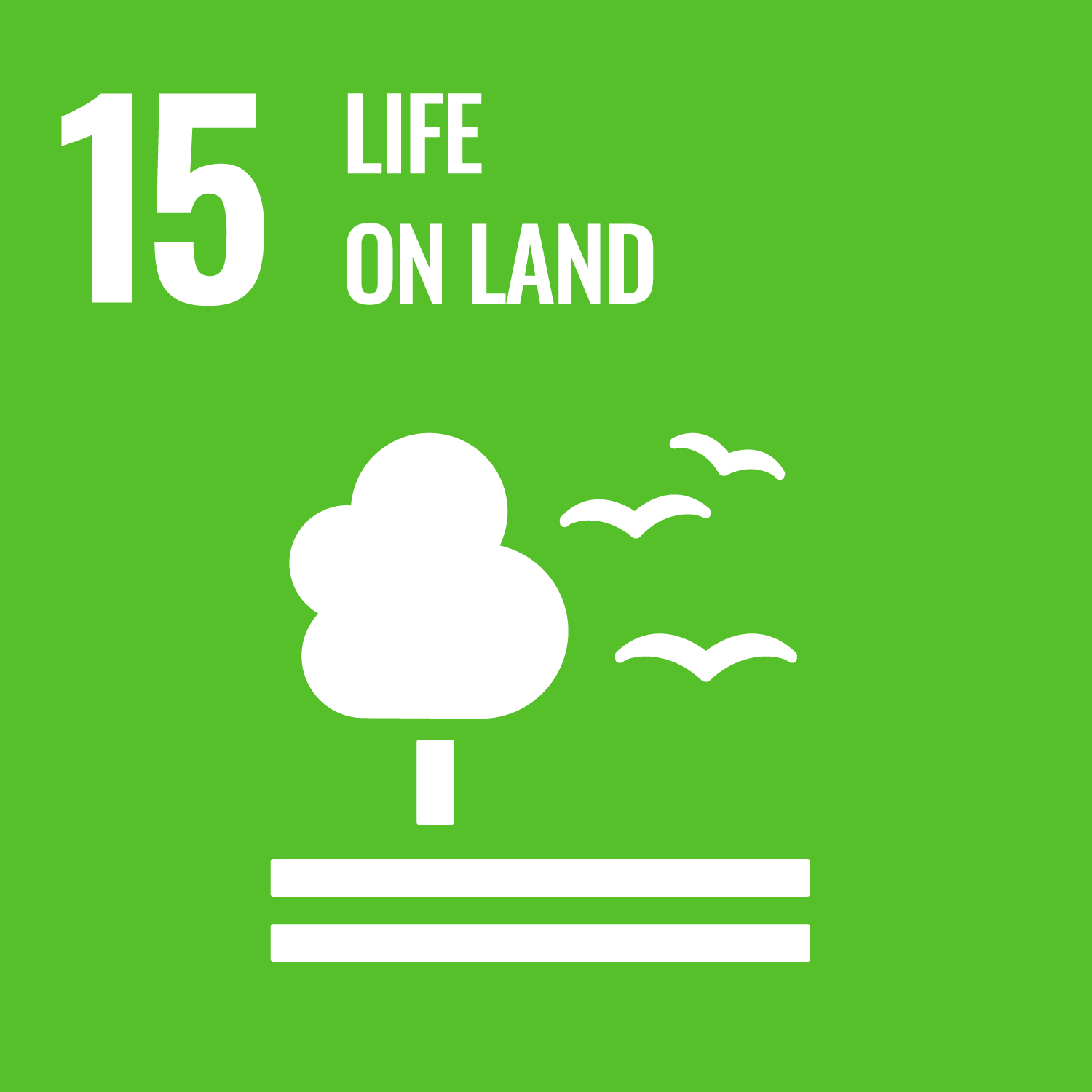This class will provide you with basic concepts of hydrology (water cycle and water resources).
The goals of this course are to
- Be able to understand basic knowledge of each component in water cycle
- Be able to understand and explain how to monitor and model water cycle
- Be able to understand basic knowledge of each component in water cycle
- Be able to understand and explain how to monitor and model water cycle
- At the end of the course, participants are expected to obtain basic knowledge of water and energy cycle.
- They are expected to understand the latest technological advancement of monitoring and modeling of hydrologic cycle.
- They are expected to explain the latest technological advancement of monitoring and modeling of hydrologic cycle
| Class schedule | HW assignments (Including preparation and review of the class.) | Amount of Time Required | |
|---|---|---|---|
| 1. | Basics of energy and water cycle - Water balance |
Study water cycle | 45minutes |
| 2. | Precipitation - Gauge network - Extreme statistics |
Study precipitation | 45minutes |
| 3. | Evapotranspiration - Boundary layer - Bowen ratio - Penman’s equation |
Study methods to estimate evapotranspiration | 45minutes |
| 4. | Runoff and river - Basics of watershed - Hydrograph and hyetograph - Effective precipitation and runoff coefficient |
Study runoff and rivers | 45minutes |
| 5. | Japanese flood - Recent flood disasters in Japan - Characteristics of Japanese flood |
Study recent floods in Japan | 45minutes |
| 6. | Presentation on rivers - Report selected rivers (climate, soil type, topography, land use, flood mitigation instrument, water utility, water management planning) |
Study characteristics of rivers learned from presentations of students | 45minutes |
| 7. | Final exam and explanation of answers | Understand whole lecture contents and prepare for the final exam | 45minutes |
| Total. | - | - | 315minutes |
| quiz | Total. | |
|---|---|---|
| 1. | 35% | 35% |
| 2. | 35% | 35% |
| 3. | 30% | 30% |
| Total. | 100% | - |
Your final grade will be calculated according to the following process: quiz related lectures (100%, occasionally given) (50%).
To pass, students must earn at least 60 points out of 100.
To pass, students must earn at least 60 points out of 100.
Brutsaert, Wilfred, 2005, “Hydrology: An Introduction”, Cambridge Univ. Press
- I welcome questions after each lecture.
Office hour: lunch time on Thursday (please be informed in advance)
- Course that cultivates an ability for utilizing knowledge
| Work experience | Work experience and relevance to the course content if applicable |
|---|---|
| N/A | 該当しない |




- 6.CLEAN WATER AND SANITATION
- 11.SUSTAINABLE CITIES AND COMMUNITIES
- 13.CLIMATE ACTION
- 15.LIFE ON LAND
Last modified : Sat Oct 07 04:07:24 JST 2023
